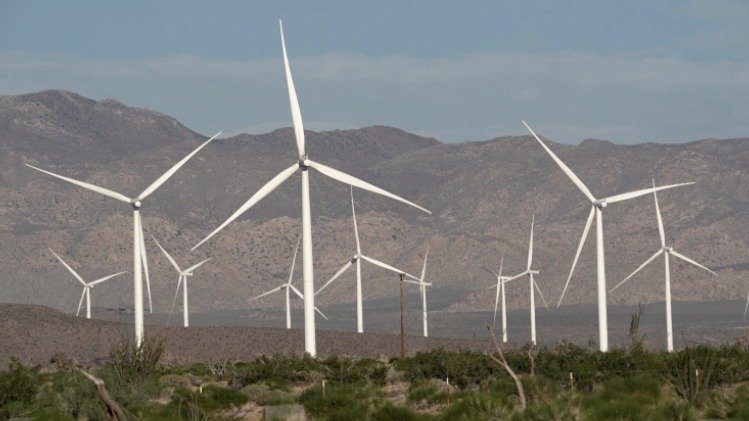Desk Report –
According to a statement made on Sunday by the Bangladeshi Embassy in Saudi Arabia, Dhaka would ask Riyadh for help in boosting energy security and creating renewable energy sources.
According to Mortuza Zulkar Nain Noman, economic counselor at the Bangladeshi Embassy in Riyadh, “Bangladesh government representatives would seek Saudi collaboration in the energy sector at the 14th Joint Commission meeting set to be held in Riyadh on October 30 and 31.
Clean energy is something that interests us. Bangladesh is presented with a number of KSA-side ideas that are now undergoing various phases of debate. According to Mortuza Zulkar Nain, “We are hoping to sign a few MoUs,” he said, “We will also discuss the same during this Joint Commission meeting.”
“This will include the import of crude oil and other petrochemicals from KSA to Bangladesh, refinery issues and many more,” he further noted.
The administration, which has been contending with a severe energy crisis in recent months due to high worldwide costs brought on by Russia’s war in Ukraine since mid-July, has resorted to regular power outages. Due to a lack of power, industries have been forced to shut down for several hours every day.
Due to a “technical fault,” Bangladesh experienced its worst blackout in ten years on October 4. Blackouts occurred throughout Bangladesh, with the exception of some areas of the north, as the national grid failed at 2.05pm, sending Dhaka, Chattogram, and Sylhet into darkness as soon as evening set.
After the system breakdown, which happened when more than one-third of Bangladesh’s gas-powered units were out of fuel, around 80% of the country’s 168 million residents were left without electricity.
Bangladeshi businesses are now attempting to switch to clean and renewable energy sources as a result of the country’s power issue, which is driving up manufacturing costs there.
Bangladesh will look into the possibilities of working together in this area, much as Saudi Arabia has encouraged many other nations with its initiatives to move away from dependence on fossil fuels.
Energy specialists think that any long-term agreements made during the meeting could support Bangladesh’s efforts to increase its strategic reserves and energy resilience.
“We need some long-term contracts and commitment from the Kingdom for having uninterrupted fuel supply so that we can save ourselves from the price fluctuations in the fuel market,” Professor Abdul Hasib Chowdhury of Bangladesh University of Engineering and Technology told Arab News.
“To meet urgent demand for three to six months, we must develop a strategic oil reserve in the nation. It requires a significant investment over several years. The Kingdom can assist us in this as well.”



